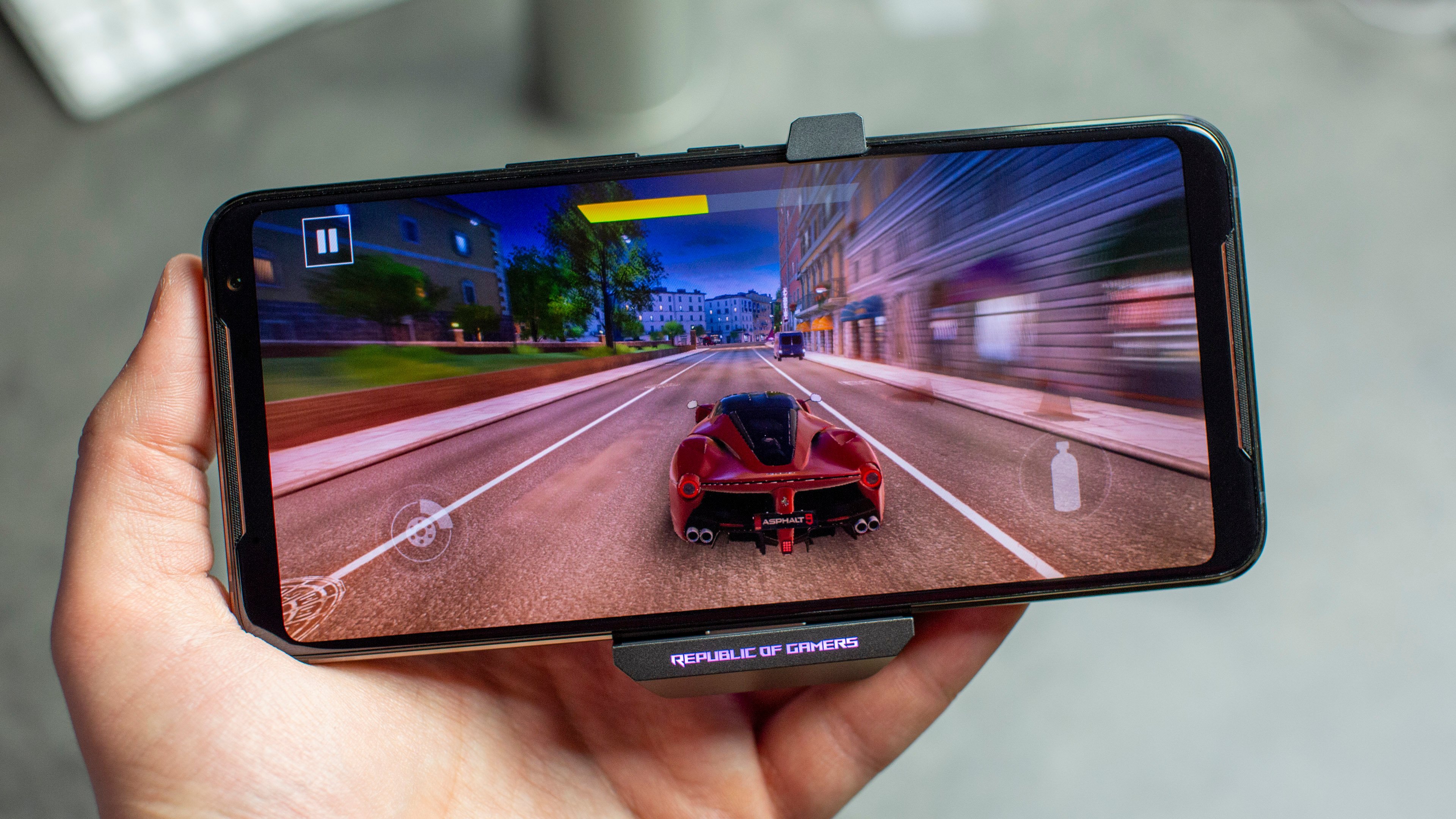If you’ve ever been to a crowded event like PAX or SXSW, you know they tend to be breeding grounds for viruses. From the common cold to more sinister things like the flu and COVID-19, it’s of the utmost importance to know how to keep yourself safe and healthy.
If you plan to attend an event like E3 this year (unless it gets cancelled), a gaming competition, or some other generalized event, you may be wondering what the best practices are to avoid getting sick. Is it just hand washing, or is there more you can do?
To help, we’ve put together a feature with a few helpful tips that’ll help you avoid getting sick at your next gaming event!
Note: We’re not medical professionals. For more detailed information on staying safe from viruses like COVID-19, please check the websites for the CDC and WHO for official information.
How to avoid getting sick at gaming events

© Ndemic Creations
Wash your hands
We’re going to start off with a no-brainer here… wash your hands. No, not just after you go to the bathroom, wash your hands as often as you can. Your hands are one of the primary ways in which you get sick.
By touching surfaces like doorknobs, keyboards, mice, controllers, and even things you don’t think about at first like the railing of an escalator, you’re regularly introducing bacteria onto your hands.
Even when events are proactive about cleaning high traffic surfaces, it’s impossible to avoid germs altogether. To help mitigate this, it’s recommended that you wash your hands frequently.
When washing your hands, be sure to take your time. On the CDC website, they say that you should wash your hands for at least 20 seconds, or the amount of time it takes you to sing Happy Birthday twice. During those 20 seconds, pay attention not only to your hands but your fingers and fingernails as well. Clean everywhere.
As a bonus tip, if you’re washing your hands in a public restroom and they have paper towels available, you can use one to open the door before leaving to ensure your hands remain as clean as possible.
If you lack access to a place to wash your hands, bringing hand sanitizer with you can also be helpful in reducing the amount of germs you pick up. That said, even when your hands are completely clean, try to not touch your face.
Don’t touch your face

© CD Projekt Red
As noted above, try not to touch your face. On average, studies have suggested that we touch our faces up to 23 times an hour, which is quite a lot. Why is this bad?
Well, if you’ve touched a surface contaminated with droplets of a virus like COVID-19 and then touch your mouth, nose, or eyes, you’re introducing those droplets into your mucous membranes. In a word, you’re increasing your risk of getting sick.
It’s understandable that you may need to touch your face for one reason or another, we all do at some point, which is why hand hygiene is still so important.
However, if you can remain aware of how much you’re touching your face and work to reduce the amount of times you do so, it can further help you avoid getting sick at an event.
Ok, but what about face masks?
Face masks are not recommended as a way to avoid getting sick. If you’re already sick, wearing a face mask can help you avoid transmitting that illness to other people as you’ll be coughing and sneezing into a mask rather than into the air.
Sure, you can use face masks to remind you to not touch your face, although there are other ways to do that that don’t involve masks. Another important note is that only specific masks prevent you from getting sick.
The cloth and surgical face you see people wearing aren't designed to prevent you from getting sick. Instead, the ones you’d need are called N95 masks.
Given the current outbreak of COVID-19, those masks are all going exactly where they should be going, to people in the medical field who are at the highest risk of getting sick, especially if they’re actively treating patients with COVID-19.
Clean your tech

© AndroidPIT
Even when you wash your hands properly, the tech you use on a regular basis (phone, watch, tablet, video camera) can become dirty if you touch them often and then fail to clean them, spreading bacteria back to your hands. One of the biggest culprits of virus transmission is your phone.
Phones are covered in bacteria, which makes sense given that we bring this handy piece of tech with us everywhere and touch the screen all the time. Plus, we can’t guarantee that the places we’re setting our phones down are 100% clean either.
To ensure the things we carry around with us are free of germs, it’s recommended that you buy sanitizing wipes. Like sanitizer for your hands, these wipes can help clean bacteria off of whatever objects you use them on.
Your phone, your glasses, your Nintendo Switch, etc. If you’re worried about damaging an expensive piece of tech with a common household sanitizing wipe, you can buy special wipes made for electronics like these ones from Amazon.
If you aren’t a fan of those in wipes in particular, there are plenty of other types and brands for you to choose from with user reviews to help you make the best possible choice. Once you buy wipes, don’t forget to bring them with you and use them regularly while you’re out at an event.
Social distancing

© Infinite Fall
What if someone’s coughing near you? What should you do? Well, in general, you should try and practice social distancing. What this means is that you put extra distance between you and other people as much as possible.
When sitting on a bench at a food court, try and put more room between you and the people near you if you can. If you’re standing in line waiting to demo a game, don’t stand super close to the person in front of you.
Need to use the restroom? If you have multiple options available to you at a convention center, try to avoid crowded restrooms in favor of ones with fewer people. For example, at PAX East, the bathrooms upstairs tend to be a lot emptier than the ones downstairs.
Similar to the tip about not touching your face, it can be impossible to distance yourself from people at a packed event all the time. That said, being a a bit more cautious of how close you are to other people can help both you and them.
One last thing, you should also avoid handshakes and hugs in favor of elbow touches, fist bumps, or even a polite nod to the person you’re greeting. It make seem awkward at first, but it'll help reduce the spread of germs between you and other people.
Stay home if you’re sick

© Fullbright
Last, but certainly not least, you should really stay home if you’re sick. We know, you paid a lot of money to attend that particular event and the thought of missing it sucks.
We’re not saying to skip out on an event if you have a mild headache, but if you’re actively coughing your lungs out every couple of minutes and are running a high fever… please stay home.
By attending an event while sick, you’re putting other people at risk of catching whatever you have whether that’s a cold, the flu, or COVID-19. It’s not something you want to play around with, especially given that you may not know whether you have something serious like COVID-19 or something more common like the flu.
You may argue that the death rate of COVID-19 is relatively low, and that’s true. Still, it’s exponentially higher than the flu and very, very easy to transmit. Older people and those with compromised immune systems are at the greatest risk of serious illness and even death from COVID-19. Even if you don't fit those categories, you still shouldn't take a chance when it comes to spreading the virus.
Meanwhile, if you are among those most at risk, it’s also recommended that you stay home if possible. Attending an event is not worth the risk of hospitalization. You, your health, and your safety are more important.
Continuing that thought, another reason to stay home if you’re sick is that going out and attending an event isn’t doing you any favors when it comes to getting better. Ideally, you should be at home, resting, relaxing (gaming), and drinking lots and lots of water.
If you’re at an event, you’re walking around, you’re exerting yourself, and you may also be forgetting to hydrate as your attention wanders to and from all of the cool things set up around you. Trust us, it's in your benefit to stay home and get better.
In conclusion, even if you only use a few of the suggestions above, you’ll be better prepared to avoid getting sick at your next event. Stay safe out there everyone, we want you all to remain healthy and happy in 2020!




